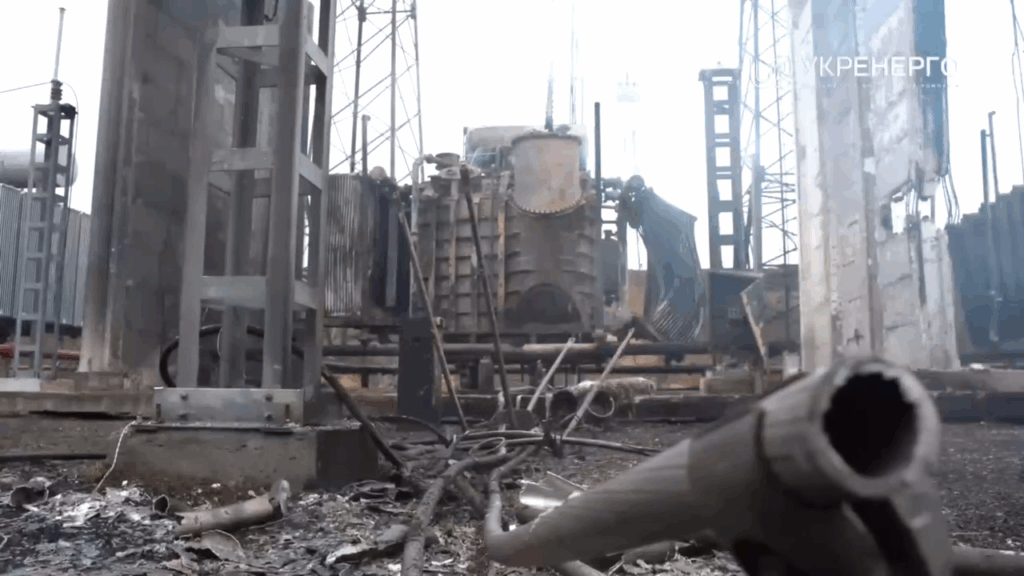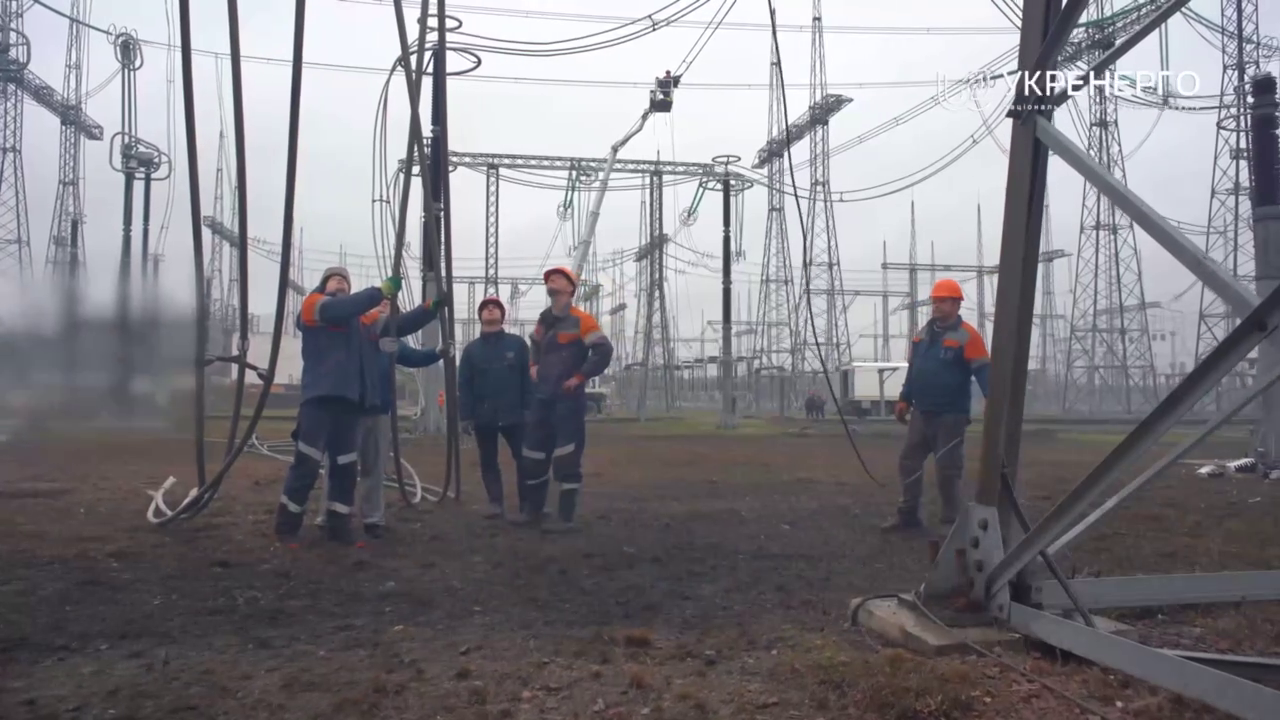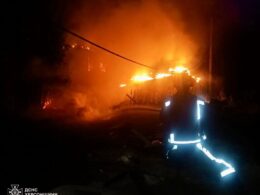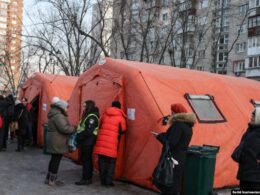Ukraine's energy ministry reported that Russia fired more than 150 missiles and over 2,000 drones at the country's power system during October and early November.
Russia escalates freeze-out campaign as temperatures drop
As winter approaches, Russia has intensified attacks on Ukraine's energy infrastructure, mirroring tactics from previous years aimed at causing blackouts and disrupting daily life. The strikes focus on critical nodes in the grid, aiming to strain repair crews and threaten civilian safety.
The ministry said that Russia targeted power generation sites, transmission lines, distribution networks, and gas infrastructure.

Recent attacks force nationwide blackouts and kill energy workers
The October-November assault represents Russia's fourth consecutive winter targeting Ukraine's power system.
Among the major strikes: on 8 November, Russian forces launched over 450 drones and 45 missiles, forcing all three Centrenergo thermal plants offline and leaving Kyiv residents without electricity for up to 12 hours.
Strikes on 2 November plunged the entire Ukraine-controlled part of Donetsk Oblast into a full blackout, while other attacks have killed energy workers using double-strike tactics - hitting infrastructure sites, then attacking again as repair workers arrive.
Earlier strikes in October destroyed 60% of Ukraine's gas production capacity, forcing Ukraine to import gas at emergency winter prices and spend nearly €2 billion to maintain heating for 12 million Ukrainians.

Rolling blackouts persist despite heroic repair efforts
The ministry expressed gratitude to energy workers and highlighted newly installed anti-drone shelters at key facilities and international support in limiting damage.
Yet, Ukraine continues to experience severe rolling blackouts across the country. Some regions face power cuts for up to 12 hours daily as Russian strikes outpace repair work.
Energy workers operate around the clock under dangerous conditions, racing to prevent complete grid collapse.
"Compared to the first attacks in 2022, we're now like ants: we run in, everyone takes their task," said Oleh, a master technician repairing transformer equipment, in a ministry video.

The workers' coordination has improved dramatically since 2022. But improved efficiency can't overcome the math: when Russia fires 2,000 drones and 150 missiles in six weeks, repair crews struggle to keep pace.
"It often happens: we just got home and immediately need to leave again to fix an emergency," added Ivan, head of the overhead line repair section at the facility featured in the video.
The accumulated experience from years of war allows crews to work faster, but the exhaustion is mounting, the blackouts continue, and winter has not even begun.
Read also
-
Changed Russian energy attack tactics complicate Ukraine’s blackout recovery – Energy Ministry
-
Three thermal power plants down, 12-hour blackouts introduced in Ukraine, as Russia executes freeze-out terror
-
Russian terrorist attack targets Ukrainian energy grid: two workers killed, thousands left without power as winter nears





